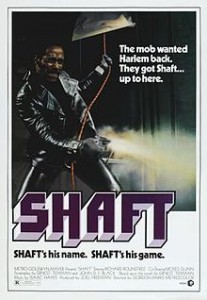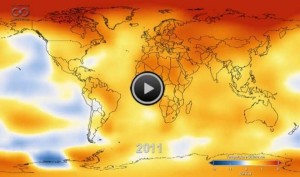 I grew up in Queens, NY in the seventies, and came of age, therefore, during Hollywood’s classic blaxploitation era. Because we were so cool, my running buddies and I used to impress ourselves by throwing around phrases that we’d absorbed in the balcony on Friday nights. One of our favorites was from Shaft: ‘Don’t let your mouth write checks that your ass can’t cash’.
I grew up in Queens, NY in the seventies, and came of age, therefore, during Hollywood’s classic blaxploitation era. Because we were so cool, my running buddies and I used to impress ourselves by throwing around phrases that we’d absorbed in the balcony on Friday nights. One of our favorites was from Shaft: ‘Don’t let your mouth write checks that your ass can’t cash’.
Improbably, I was reminded of this when I saw the latest report from our friends at the Center for Progressive Reform. In October of last year, the Center and the University of Maryland Francis King Carey School of Law hosted the annual Ward Kershaw Forum on Friday, October 21, 2011. The event was a day-long exploration of how to ensure that Chesapeake Bay states and the EPA are accountable to each other and the public for Bay restoration efforts, particularly in light of decreased funding levels for permit writing, monitoring, and enforcement and repeated attempts to undercut the Clean Water Act.
We are big supporters of the Center and its allies in the environmental enforcement community (e.g. Environmental Integrity Project, Earthjustice, Chesapeake Waterkeepers, and, of course, the University of Maryland Environmental Law Clinic). Holding public officials accountable for enforcing the law doesn’t provide the same thrills as working with those officials to pass the laws in the first place, but it is the venue in which the checks are cashed.
“Getting Serious About Saving the Chesapeake Bay” CPR’s Rena Steinzor, Aimee Simpson, and Yee Huang’s report on the October Kershaw Forum, focuses on the steps that Maryland needs to take to insure that its environmental enforcement program can cash the checks that it’s legislature writes.
Its worth a read.
